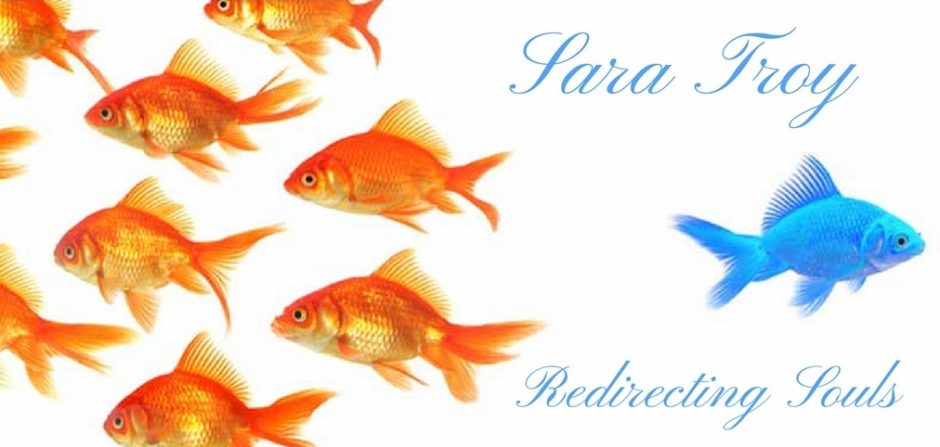“Animals are such agreeable friends—they ask no questions, they pass no criticisms.” ~George Elliot
 My dog is a thirteen-year-old, 113-pound chocolate Labrador named Cookie. Cookie has hips and knees in worse condition than any retired NFL football player. In fact, he has real difficulty just getting up on his feet. Once he is up, if his weight shifts too quickly, he often falls because either his hips or knees—or both—don’t support his weight. However, I notice that when he falls, he simply looks up at me and wags his tail. He has never once made a big deal about it. He never once has said to me, “Oh my God, my hips aren’t going to last much longer,” or “I am such a burden on everyone.” He simply gets back up on his feet and moves on about his business.
My dog is a thirteen-year-old, 113-pound chocolate Labrador named Cookie. Cookie has hips and knees in worse condition than any retired NFL football player. In fact, he has real difficulty just getting up on his feet. Once he is up, if his weight shifts too quickly, he often falls because either his hips or knees—or both—don’t support his weight. However, I notice that when he falls, he simply looks up at me and wags his tail. He has never once made a big deal about it. He never once has said to me, “Oh my God, my hips aren’t going to last much longer,” or “I am such a burden on everyone.” He simply gets back up on his feet and moves on about his business.
Cookie’s unconditional acceptance of himself and his physical condition have taught me as much as any spiritual teacher I have been with because his lessons are actual and in the moment. One day, Cookie is going to depart from his big body and—as with other pets I have had in the past—he will remain present and non-judgmental throughout the process.
 The passing of my earlier pets also taught me something amazing about language. In each instance, I was immediately thrown into a sense of confusion and loss accompanied by grief. Eventually, I discovered that these feelings bubble up because we live our lives inside of language, which endeavors to make everything definable, understandable, and graspable by the mind. Language, as important as it is to carry on the affairs and commerce of everyday life, cannot express, articulate, or bring understanding to the experience of losing a pet or loved one.
The passing of my earlier pets also taught me something amazing about language. In each instance, I was immediately thrown into a sense of confusion and loss accompanied by grief. Eventually, I discovered that these feelings bubble up because we live our lives inside of language, which endeavors to make everything definable, understandable, and graspable by the mind. Language, as important as it is to carry on the affairs and commerce of everyday life, cannot express, articulate, or bring understanding to the experience of losing a pet or loved one.
Could it be that what we perceive as a departure is actually a returning or a reunion for your pet? If we can maintain our emotional balance during these times of change, we may be able to discover something other than what we can perceive—or describe—as happening. “Dogs are our link to paradise,” wrote Milan Kundera. “They don’t know evil or jealousy or discontent. To sit with a dog on a hillside on a glorious afternoon is to be back in Eden, where doing nothing was not boring—it was peace.”
As we seek and strive for spiritual understanding, we often pursue virtues that will help free us from our own difficulties. These spiritual qualities have been enumerated time and again and are consistent among the world religions. Here are just a few of these liberating qualities:
- Being present
- Release of negative judgments on self and others
- Forgiveness and understanding
- Appreciation for what you have
- Loss of identification as a separate Ego
- Following your intuition
 I believe there is perhaps no better teacher of these qualities than the animal at your feet or on your pillow. Pythagoras may have stated it as simple and clear as anyone when he said, “All living things should be regarded as akin.”
I believe there is perhaps no better teacher of these qualities than the animal at your feet or on your pillow. Pythagoras may have stated it as simple and clear as anyone when he said, “All living things should be regarded as akin.”
When we take the time to observe our pets, we will notice that he or she already possesses the spiritual traits we are all seeking. So before we go in search of our next great spiritual teacher, let’s check in with our animal. We will soon realise we’re living with a natural guru who teaches by example.
By Allan Hendrickson.
AUTHOR BIO
Allan Hendrickson is a spiritual teacher, writer, and speaker based in Oklahoma City. He is the author of Think It, Feel It, Have It: The Keys to Creation. www.allanhendrickson.com
Hear Allans radio spot with Sara Troy on “Choose Positive Living” show on Self Discovery Media.
http://selfdiscoveryradio.com/2015/06/04/c1524b-think-it-feel-it-have-it-2/
###

Pingback: C15/24b Think It. Feel It. Have It. | Self Discovery Radio